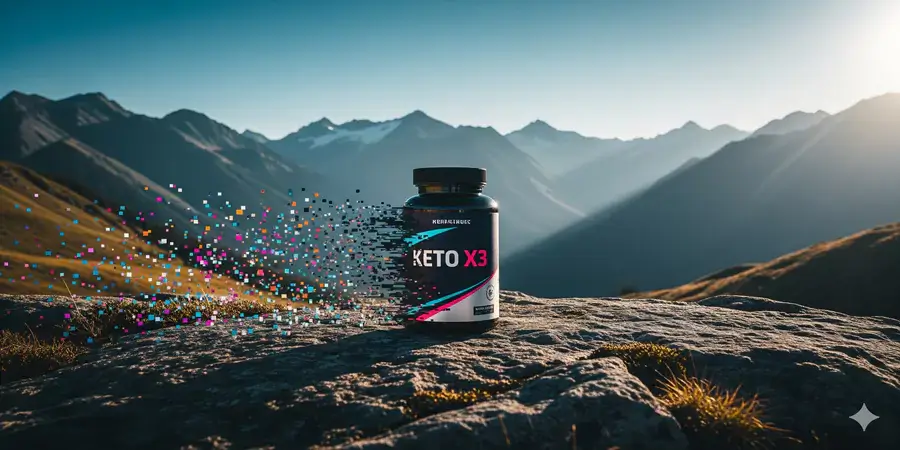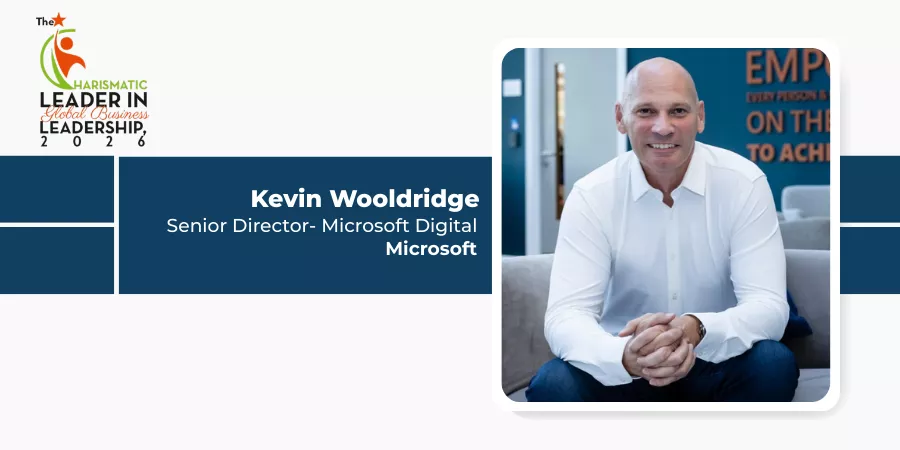In the burgeoning, multi-billion dollar weight-loss industry, a new wave of deceptive marketing tactics is emerging, leaving consumers vulnerable to scams. A recent report by the AARP’s Fraud Watch Network has documented over 25 complaints related to keto pill scams since March 2025, with some victims losing over $1,000. Among the products raising red flags, Keto X3, particularly when sold through unverified online portals like Rogueshul.com, stands out as a prime example of a questionable offering. While legitimate ketogenic supplements exist, the marketing practices, subscription billing issues, and lack of transparency associated with this particular product line warrant a comprehensive investigation. This article provides a detailed analysis, equipping business leaders and consumers with the knowledge to navigate the complex dietary supplement market and avoid financial pitfalls.
The Marketing Machine: Exaggerated Claims and Unverifiable Promises
Keto X3 products are marketed with the promise of accelerating weight loss by pushing the body into a state of ketosis. The product claims to contain ingredients like beta-hydroxybutyrate (BHB) salts, caffeine, and garcinia cambogia, which supposedly work synergistically to suppress appetite, boost energy, and enhance fat burning. . However, the aggressive marketing tactics often employ unrealistic celebrity endorsements and a sense of urgency to drive sales, with little to no verifiable evidence of the claims. The use of fabricated testimonials and before-and-after photos is a common practice in this industry, preying on consumer desperation for a quick fix.
A closer look at the scientific foundation reveals that while BHB supplements can indeed elevate blood ketone levels, their efficacy is highly dependent on the dosage. A study published in PMC found that exogenous BHB supplements are “safe and well-tolerated,” but research suggests that a dosage below 3 grams may not produce meaningful effects. This is a critical distinction, as many commercial products, including some versions of Keto X3, contain less than 800 mg of BHB, making their purported benefits scientifically dubious.
Red Flags: Unclear Credentials and Subscription Scams
The most alarming aspect of products sold through websites like Rogueshul.com is the high number of consumer complaints related to financial fraud. The Federal Trade Commission (FTC) and other consumer protection agencies have consistently warned against “free trial” offers that lead to unexpected, recurring charges.
Key red flags to watch for:
- Subscription Billing Issues:Consumers often report unauthorized and difficult-to-cancel monthly charges. These recurring payments are frequently buried in the fine print of the terms and conditions, making it nearly impossible to stop without a lengthy and frustrating process.
- Lack of Transparency:Many of these websites lack clear business credentials, contact information, or a physical address. This makes it difficult for consumers to seek recourse or verify the company’s legitimacy through organizations like the Better Business Bureau.
- Misleading Trial Offers:“Free trial” promotions are a common scam tactic. Consumers are enticed by the offer of paying only for shipping and handling, but they are then automatically enrolled in a costly subscription service unless they cancel within a very narrow window.
These practices exploit the lack of pre-market approval for dietary supplements by the FDA. While manufacturers are responsible for the safety and labeling accuracy, the absence of a rigorous pre-approval process means products can enter the market without a strong scientific backing or transparent business operations. This regulatory loophole is a significant vulnerability for consumers and a key reason why scams are so prevalent.
The Contrast: Legitimacy in a Questionable Market
In stark contrast to the deceptive marketing of Rogueshul.com, products from established, transparent companies like Nucentix Keto-X3 demonstrate what a legitimate ketogenic supplement should look like. These companies prioritize consumer trust by adhering to industry standards and providing clear, verifiable information.
Characteristics of a legitimate supplement company:
- GMP-Certified Manufacturing:Products are manufactured in facilities that adhere to Good Manufacturing Practices (GMPs), ensuring quality control and consistency.
- Third-Party Testing:Reputable companies often engage in third-party testing to verify the purity and potency of their ingredients, with results often made available to consumers.
- Transparent Pricing and Policies:Pricing is upfront, with no hidden subscription fees. They also offer clear return policies and money-back guarantees.
- Scientific and Clinical Backing:Claims are supported by genuine scientific research, and the product is formulated with effective doses of key ingredients.
This distinction is crucial for business leaders in the health and wellness sector. Investing in ethical, transparent practices not only protects consumers but also builds long-term brand equity and customer loyalty, setting a company apart from the fraudsters.
Future Implications and Actionable Consumer Protection
The proliferation of online scams has significant implications for both the consumer market and the regulatory landscape. The FTC and other regulatory bodies are facing increasing pressure to address these issues. In the future, we may see more stringent regulations on online advertising for supplements, particularly concerning “free trial” offers and recurring billing.
For consumers, taking proactive steps is the best defense. Financial risk management is paramount. Use a credit card for online purchases, as they offer better fraud protection than debit cards. Always document your transactions and closely monitor your bank statements. If you encounter unauthorized charges, contact your financial institution immediately. Additionally, reporting scams to the FTC and your state attorney general’s office helps regulatory bodies build cases and protect others from similar fraud.
The ultimate success of any weight-loss journey hinges on a holistic approach that includes diet, exercise, and behavioral modifications. While supplements can serve as a supportive tool, they are not a magic solution. Consumers should manage their expectations and prioritize evidence-based products and lifestyle changes for sustainable results.
Frequently Asked Questions (FAQ)
Q1: Are all Keto X3 products scams?
No. While many products using the Keto X3 name, particularly those from unverified websites, are associated with scams, there are legitimate products on the market. The key is to distinguish between them by verifying company credentials, checking for third-party audits, and avoiding “free trial” offers with hidden subscription terms.
Q2: What are BHB salts and do they work for weight loss?
BHB (beta-hydroxybutyrate) salts are exogenous ketones that can raise blood ketone levels and may help support ketosis. While studies show they can provide a temporary energy boost and may help with appetite suppression, they are not a miracle weight-loss solution on their own and require a proper ketogenic diet to be effective.
Q3: How can I identify a fake celebrity endorsement?
Scammers often use fabricated celebrity endorsements by lifting photos or quotes from the internet and placing them in their ads without permission. To verify, look for official statements from the celebrity or check their social media accounts. If the claim seems too good to be true, it likely is.
Q4: What should I do if I am a victim of a supplement scam?
Immediately contact your credit card company or bank to dispute the charges and cancel any recurring payments. Document all communication and transactions. File a complaint with the Federal Trade Commission (FTC) and your state’s attorney general’s office to report the fraudulent activity.
Q5: Is the supplement industry regulated by the FDA?
The FDA does not require pre-market approval for dietary supplements, unlike pharmaceuticals. This means manufacturers are responsible for the safety and accuracy of their labels. This regulatory framework creates a consumer protection gap, which is why due diligence is crucial before making a purchase.
The case of Keto X3 and Rogueshul.com serves as a cautionary tale in a rapidly growing industry. It underscores the critical need for consumers to become discerning and for business leaders to commit to transparency and ethical practices. The future of the health and wellness industry will be defined by its ability to separate genuine value from deceptive marketing.










